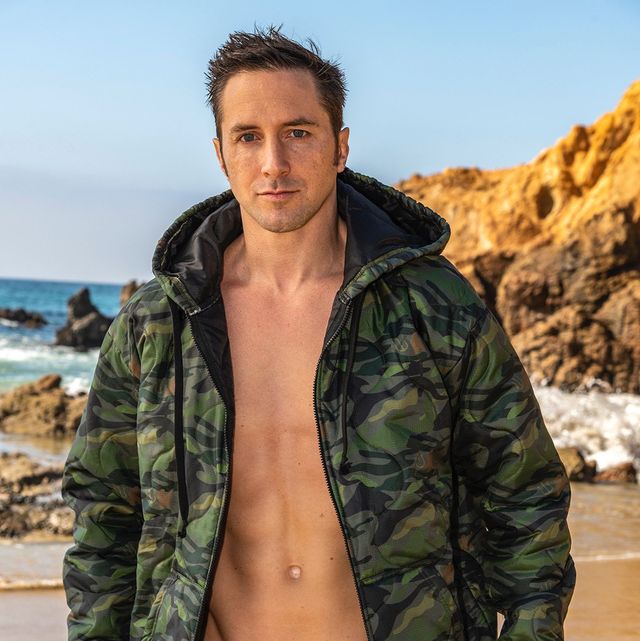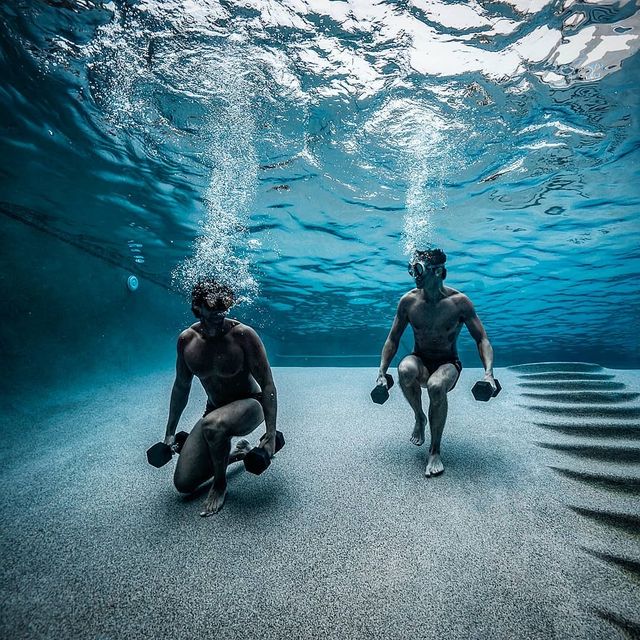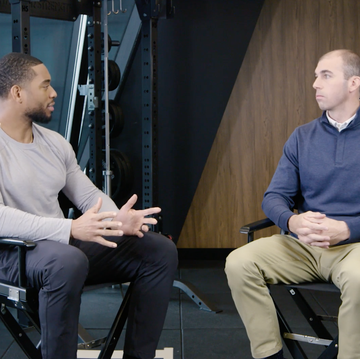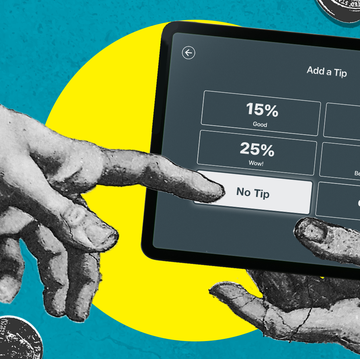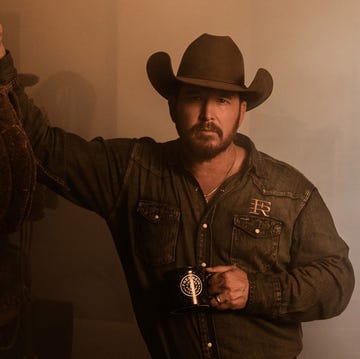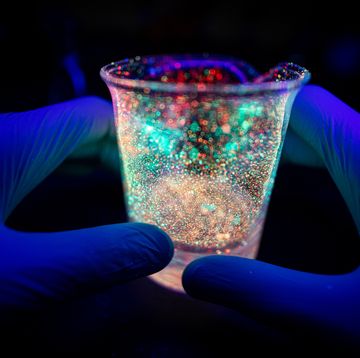Jeff Gum knows a thing or two about battle scars. The ex-Navy SEAL, who served from 2007 to 2017, has experienced his fair share of backbreaking boot camp drills, harrowing combat, and agonizing injuries. His military service marked the fulfillment of a lifelong dream, but also came with a ton of hard work. He completed the grueling, two-year-long SEAL training program; was deployed overseas twice with SEAL Team 5, starting in 2009; and took on an impressive roster of assignments, including stints as a source handler, sniper, and later, combatives instructor, before leaving the Navy in 2017. But instead of a finale, his military retirement signaled a segue into a successful new chapter as a startup founder with his swimwear brand, Sunga Life.
Through the many ups and downs of his career in the special ops squad, Gum has come away with plenty of hard-won wisdom. “SEAL training was one the best times I never want to do again,” he jokes. Read on for his most valuable insights, and dive deeper into SEAL life by checking out the new season of the Paramount+ original series SEAL Team. The action-packed military drama follows members of the ultra-elite unit as they train, plan, and execute high-stakes missions, with new episodes streaming Sundays only on Paramount+.
Don’t give up in the face of failure
Hell Week—the cold, wet, and all-around punishing training program which only 25 percent of SEAL trainees successfully complete—is a beast for any recruit. But a bout of viral gastroenteritis (VGE) made the experience especially brutal for Gum. “The Friday before Hell Week started, I was puking for two days straight,” he remembers. The VGE led to dehydration that caused another complication: rhabdomyolysis, or “rhabdo”: a condition which breaks down skeletal muscle, releasing proteins and electrolytes into the bloodstream which can be toxic to kidneys and other organs. “Going through that, I told myself, ‘I’ve got to persevere. I’ve got to push through.’”
Getting off to such a rocky start would discourage just about any SEAL, but after taking a brief medical leave, Gum persisted. “I wouldn't quit. I knew I was supposed to be there.” Once healthy, he returned to SEAL training with renewed vigor—and crushed Hell Week. “After that, nothing seems hard,” he says. “And it ended up being a great life lesson to me. Because if I had let what felt like a failure keep me from moving forward, I wouldn't be where I am now.”
Find your "why"
“During Hell Week, you’re dealing with drills like multiple-mile runs carrying boats on your head—and you might get three hours of sleep the entire time,” says Gum. “To go through all that tough training, you have to know you’re also doing it for the guy next to you. You're bleeding for the guy next to you. And you know that when you're out there doing missions, they’re going to have your back. So the guys who are there just for themselves? They don't last. You need a bigger reason to be there.”
Gum found his own reason on 9/11, when patriotism ignited his determination to become a SEAL. "I wanted to make sure that never happened to my country again, and that I could protect my family, friends, and all of the people I love,” he explains. His sense of duty also carries over to his current venture: Ten percent of the brand's profits are directed to veteran-focused charities. “I wanted any success I had to be channeled into helping out other veterans,” he says. “When you have the why figured out, then you can do any how.”
Know when to pivot
When another unexpected setback brought Gum to a career crossroads, he had to ask himself what really mattered to him. “I had all these incredible adventures I’d been on, and goals that I’d accomplished,” he says. “Then, in 2017, I had a string of injuries to my spine, back, ankle and shoulder, and I had to have multiple surgeries.” When his body told him to change course, he listened—but leaving SEAL life behind wasn’t an easy decision.
Facing a future after a military career, Gum says, can be a very similar experience to a pro athlete’s retirement. “They can become very depressed—and it can be the same for SEALs,” he says. “But you have to reframe your perspective. Look at Michael Jordan and all the business he's doing. You can branch out and create way more than you were able to in your previous career.” For Gum, the road after military life led to entrepreneurship. His post-duty travels across the world sparked a love of diving and swimming—while in Brazil, he discovered an affinity for the sunga, a local swim brief style. His line, Sunga Life, was born, and three years later it’s going strong with over 100,000 social media followers. “Know when it’s worth persevering through adversity,” Gum advises, “and know when to pivot.”
Broaden your toolkit
Plenty of guys in the military are the best at what they do. But, Gum says, SEALs are known for being the best at everything they do, because they’re trained to be a jack of all trades. “The job of a combat controller in the Air Force, for example, is to communicate with planes and deploy bombs,” Gum explains. “They’re amazing at what they do, but they don't have six qualifications.” Gaining that kind of broad expertise, he adds, pushes SEALs to shore up every last one of their weaknesses.
At the beginning of his military career, he had to conquer one of his own. “I was a really good runner, and I did martial arts, but I wanted to make sure I was good in the water too. So he trained rigorously with collegiate swimmers and went on to get certified in diving. Today, he’s not only proficient in the water, but deeply connected to it as the founder of a swimwear line. Adopting a SEAL’s thirst for learning everything you can, as diligently as you can, Gum says, can set you up for success no matter what your goal is.
Make your connections count
The men Gum met, bonded with, and fought alongside as a SEAL are his buddies for life—and if there’s one thing a Navy vet knows from experience, it’s that you can count on your SEAL team to come through for you. Gum saw this in action when he launched Sunga Life. “When I first started my company, I only had my reenlistment bonus for funding,” he says. He didn’t have employees. He didn’t have a marketing budget. But what he did have was the backing of the comrades he’d served with. “Veterans were the first people who wore my swimwear,” he explains. “They’d post it on social media, and my brand has really taken off because of that support.”
It’s worth nurturing all of those connections, says Gum, since you never know who will be able to lend a helping hand when you need it. “Whenever I have a problem, I can just go into my network,” he says. “I don't have to try to find an answer, because people are so ready to help out and share their own knowledge.”
